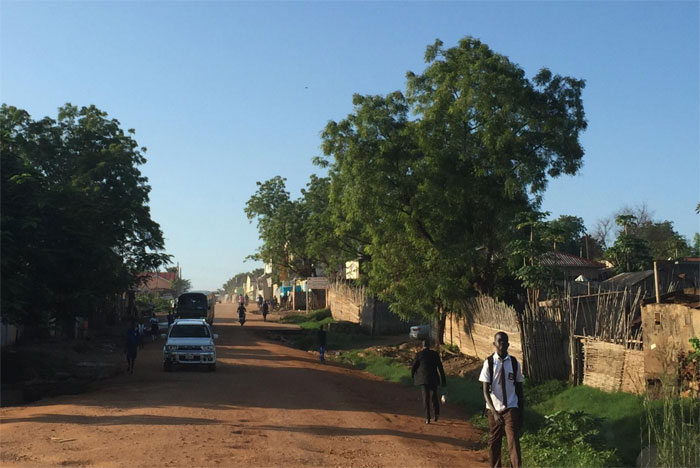In August 2015, the South Sudanese Government and the SPLM-in Opposition signed a peace agreement which was to end the 20 month old war in the country. Amongst other important elements, the agreement sets out several mechanisms which are intended to deal with serious abuses and questions on governance structures.
The setting up of the Commission on Truth, Reconciliation and Healing (CTRH), and associated mechanisms for promoting truth, justice and reconciliation, represent a break with past peace processes, which have repeatedly failed to address the legacy of human rights abuses in the country.
The University for Peace (UPEACE) Centre The Hague, the South Sudan Law Society (SSLS) and PAX now present three papers which all address topics of past issues having impact on the current situation in South Sudan, related to justice, reconciliation and governance.
Justice and Conflict in South Sudan. Observations from a pilot survey – Briefing Paper
This briefing paper presents initial observations arising from a pilot survey, conducted in Juba in April 2015, investigating people’s experiences in seeking justice in relation to both conflict-related and non-conflict-related violence. The findings are intended to stimulate research and debate on the needs and opportunities for justice and reconciliation in South Sudan.
Legacies of Enforced Disappearances in South Sudan – Briefing Paper
This briefing paper examines the legacy of enforced disappearances that occurred during the 22-year war (1983-2005) in South Sudan, with a particular focus on events during the 1990s. The enforced disappearances that occurred during the civil war continue to have impacts in the current setting, both on the families and friends of those who were disappeared as well as on the way institutions function.
The legacy of Kokora in South Sudan – Briefing Paper
Throughout their modern history, there have been debates and political struggles about the divisions and borders of public administration in Sudan and South Sudan. This briefing paper presents the findings of a historical case study on Kokora, a word associated with the decentralization policy enacted in southern Sudan in 1983, linking it to contemporary debates on decentralization in South Sudan.
The papers are part of the research project ‘Intersections of Truth, Justice and Reconciliation in South Sudan’, a cooperation of University for Peace (UPEACE) Centre The Hague, the South Sudan Law Society (SSLS) and PAX.




